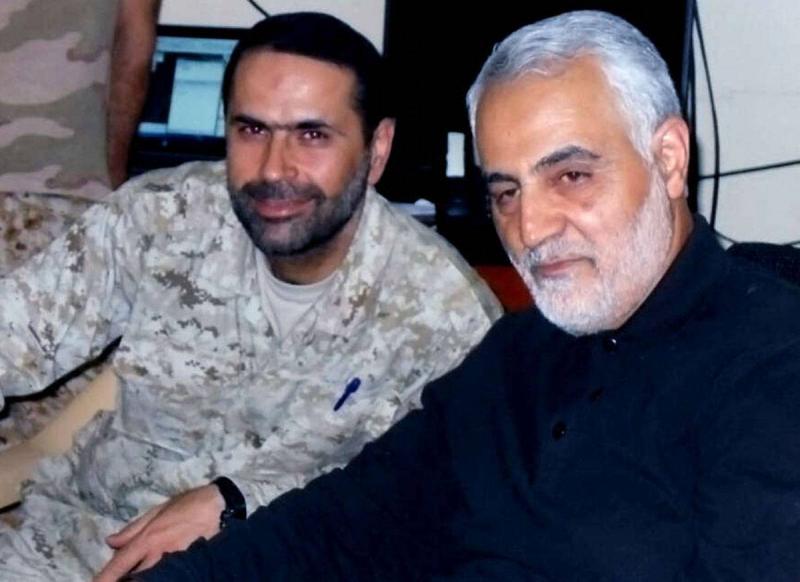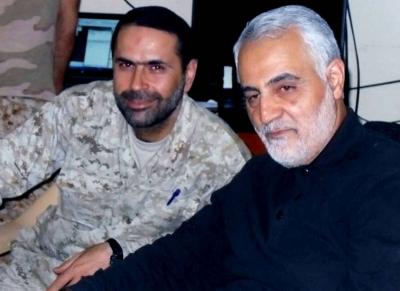Israel has expanded its field of confrontation with Hamas and Hezbollah, backed by Iran, moving beyond the exchange of bombings of sites and infrastructure to assassination operations, thus advancing the conflict to a new stage. In a short period, it successfully targeted leaders of what is known as the "Resistance Axis," through military and security operations that transcended the borders of Gaza and southern Lebanon to Syria and the party's stronghold in the southern suburb of Beirut.
Without any threats, Israel began assassination operations against officials in Hezbollah and Iran, contrasting with the operations that targeted Hamas leaders. Israeli Prime Minister Benjamin Netanyahu, head of the Israeli internal security service "Shabak" Ronen Bar, and Israeli Defense Minister Yoav Gallant previously promised to eliminate them "everywhere in the world." The direct targeting of these individuals raises questions regarding the means enabling Israel to hit its targets, whether linked to its technical capabilities or to security breaches among its enemies, which it exploited to carry out operations.
Is Hezbollah penetrated? "In all wars, the combatant leaders target each other," notes retired Brigadier General Khalil Halo, adding, "If given the chance, Hezbollah and Hamas leaders would not hesitate to target Israeli leaders." Regarding Israel's ability to pinpoint the targets, Halo replies, "It is certain that they have begun monitoring them for some time, and it is not necessary that this is the result of an internal breach within Hezbollah. Israeli security capabilities are very advanced, including sophisticated electronic means, drones, reconnaissance aircraft, satellites, and monitoring devices that Hezbollah claims to have destroyed at the borders."
However, Halo emphasizes that "even if Hezbollah destroys cameras and sensors on the ground, the monitoring devices from drones, surveillance balloons, and satellites will replace them. This type of technology is sold by Israel to several countries, such as India and Germany, without denying the presence of informants on the ground."
Retired Brigadier General and head of the Middle East Studies and Public Relations Center, Dr. Hisham Jaber, also indicates that "Israel's resort to assassination operations was expected due to its failure in the Gaza war." Jaber believes that "over time, methods and means of assassination have evolved... they can be carried out either through a military operation like that which targeted al-Arouri, or through a security intelligence operation, that is, an armed ambush or car bombing or explosive device."
According to Jaber, "in the 1990s, the Secretary-General of Hezbollah, Abbas al-Moussawi, was assassinated by a warplane, but today drones play this role, as they are the easiest means to accomplish this task, with target identification and engagement taking no more than half an hour."
An assassination operation, Jaber explains, is preceded by "monitoring the targeted person using advanced devices and informants on the ground, as was the case in Beir Yahon when a house, which was briefly used as a meeting point for Hezbollah officials, was targeted after one of the Israeli informants reported the presence of individuals inside it," stressing that "Hezbollah's penetration by informants is not significant, but rather within normal limits."
He continues: "Certainly, there are informants, but at the same time, pinpointing the location of anyone has become accessible to everyone, through phones and special chips, and officials must be cautious and change their phones from time to time."
Hezbollah's Secretary-General, Hassan Nasrallah, had described the assassination of al-Arouri as "a significant and dangerous breach," threatening that "the response is coming without a doubt," while the Lebanese government submitted a complaint to the United Nations Security Council regarding the operation. Nasrallah asserted in a televised speech on Friday that "Hezbollah cannot remain silent in the face of such a breach," and that "not responding makes all of Lebanon vulnerable."
In response to the assassination of al-Arouri, as the party described in a statement, Hezbollah launched a retaliatory strike on Saturday against the Israeli Miron air surveillance base at the summit of Mount Hermon, using more than 62 rockets.
According to retired Brigadier General Nagy Malaab, Hezbollah's bombardment of Israel "requires the movement of its fighters and missile preparation, all of which occurs under aerial monitoring by Israel via satellites and drones, along with recently introduced surveillance balloons." Malaab clarifies that Israeli techniques are extensive, adding in his remarks to Al-Hurra: "When Hezbollah instructs residents in southern towns where international peacekeeping forces are stationed to disconnect the surveillance cameras installed in homes and streets from the internet, it means they fear that Israel may benefit from them."
Malaab emphasizes that there are several goals Israel aims to achieve by resuming assassination operations, including "demoralizing Hamas and Hezbollah and provoking the latter to respond to give it justification to seek American support, which still exists in the region, represented in warships and the American base in Bahrain."
He adds: "The United States is trying to avoid getting dragged into a new front where it fights directly, which is why it withdrew its aircraft carrier from the Mediterranean as a clarification of its position to Israel and Iran," considering the Israeli Defense Minister’s statement that his country is fighting on six fronts "a dangerous development, which may be part of a strategy adopted by Israel outside of Gaza, and it will not be able to fight alone on those fronts, necessitating American intervention."




